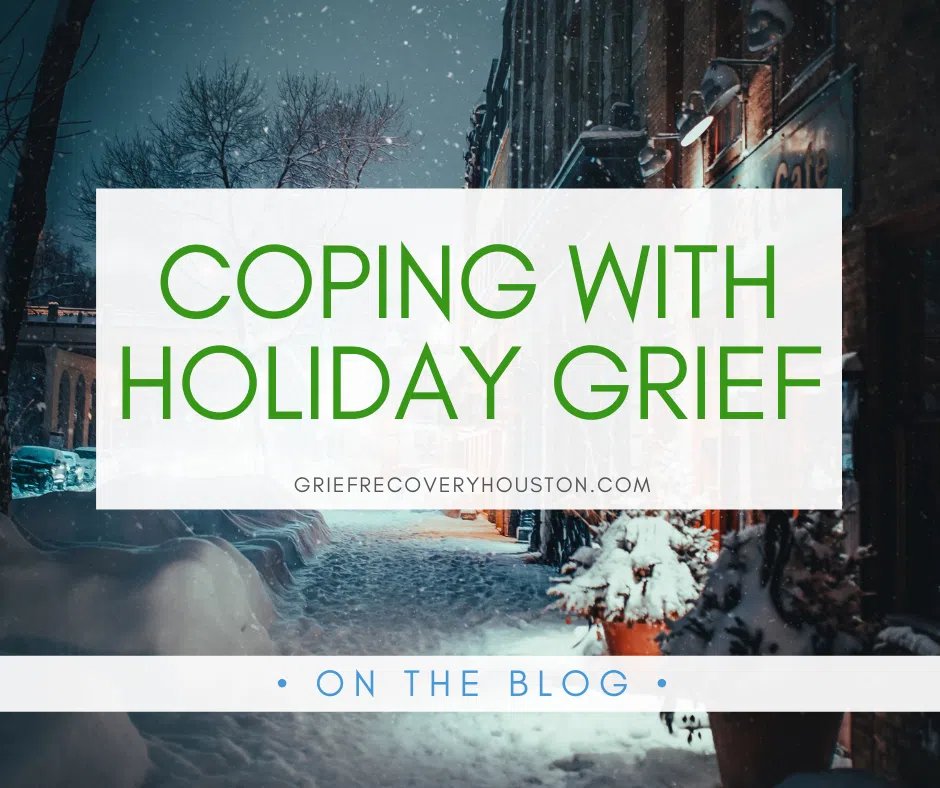- Unpacking Grief and Disability - July 8, 2024
- Breaking the Stigma: 5 Blogs to Better Understand Suicide - May 21, 2024
- 4 Tips for Better Sleep Hygiene - March 4, 2024
It’s true that everyone, at some point, will experience grief in their life. As we’ve written about before on the blog, grief can be felt for any number of reasons, like losing a friend, switching jobs, moving, divorce, and yes, death. Grief is a universal human experience, but we all experience it a little differently. We all have different life experiences that inform everything we do, including the way we grieve. One type of grief that is often not discussed is queer grief. Being LGBTQ in and of itself doesn’t require grieving, but there are certain aspects to the LGBTQ experience that lead to grief, it’s important to honor and understand the LGBTQ experience, including queer grief.
Why is there so much grief involved in the LGBTQ experience? People fear what they don’t understand, and until recently, our society was extremely fearful of queer people. Every queer person has a story of hate that they’ve faced. Knowing that you’re going to be exposed to the worst in people just because of who you love is devastating. Our society is based on heteronormativity – the idea that we are all heterosexual unless we declare otherwise. This automatically “others” queer people. Queer people are then left with the choice to come out and face discrimination, or stay in the closet and not be able to be their true self.
It is lonely to be different, especially as a young person. LGBTQ kids grow up and often know that there’s something different about them. We’re constantly fed the message that being LGBTQ is weird or shameful, and even though those cultural messages are shifting somewhat, they’re still hard to unlearn.

 Hiding a part of who you are for a long time can cause lots of complicated feelings, including grief. The pain of losing family members and loved ones for being yourself is grief-worthy. It’s also painful to grow up knowing you’re different, but not being able to explain why. On top of the complicated experience of growing up queer in a heteronormative world, there is also the hate of others to deal with. LGBTQ folks face higher levels of discrimination and violence than non-LGBTQ people. The constant threat of being in danger just for being yourself is exhausting.
Hiding a part of who you are for a long time can cause lots of complicated feelings, including grief. The pain of losing family members and loved ones for being yourself is grief-worthy. It’s also painful to grow up knowing you’re different, but not being able to explain why. On top of the complicated experience of growing up queer in a heteronormative world, there is also the hate of others to deal with. LGBTQ folks face higher levels of discrimination and violence than non-LGBTQ people. The constant threat of being in danger just for being yourself is exhausting.
LGBTQ grief can also be felt on a community level. There are very few queer elders today because we lost an entire generation to the AIDS epidemic. It’s painful to realize that the entire world was willing to sacrifice a generation of LGBTQ lives over their fear of what they didn’t understand. Grappling with the aftermath of the AIDS epidemic is still going on in LGBTQ circles today, and it’s important not to minimize the intensity of the loss.
Many LGBTQ folks have had to create their own communities and families. It’s not uncommon for queer kids to become homeless after coming out to their families, so they’ve been forced to create families of their own. After years of conditional acceptance, it can be so freeing to realize you can be loved for exactly who you are. Realizing this can also lead to feelings of grief – the grief for what you never had. Growing up lonely and afraid takes a toll, and it can be so sad to contemplate what could have been if things were different. We all deserve to be loved as we are. Realizing you deserve that love but didn’t get it is heartbreaking.
Grappling with grief is complicated, heavy work. It can also be complicated by the fact that you might not feel overwhelming grief all of the time. Many LGBTQ people have been forced to live in a survival state for so long, they may not have time to look at or process those hard feelings. It’s easier to shove them down and keep moving until you get a chance to slow down. When you’re grieving, especially when you’ve been grieving for a lifetime, you won’t feel all grief all the time. You’ll feel the whole range of human emotions, including grief. It can be hard to tease out what grief is when you’ve been living with it for so long. That’s where working with a therapist can help.
Grief therapists can help you find a way to process the grief you’ve been carrying and move forward. If you’re struggling with the grief that comes with being an LGBTQ person, our therapists can help. We also offer a grief support group that provides a safe space to grieve and discuss the feeling of loss that you’re experiencing.






No comments yet.